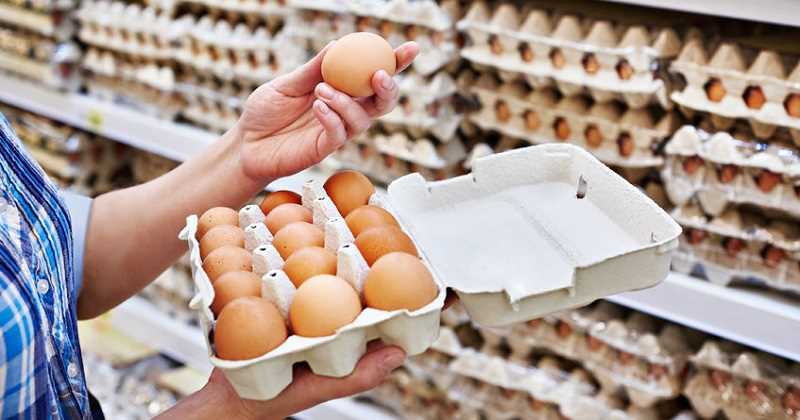Currently there are children in our country who have a rate of chronic malnutrition of 8%. According to the most recent survey of the nutritional situation at the national level, one in 6 children aged 1 to 4 years has anemiawhile one in 4 children under 4 years of age has vitamin A deficiency.
You may be interested in: “The B complex is the vitamin that keeps the brain young,” says an expert
In the world, statistics suggest that 13% of children under 5 years of age suffer from acute malnutrition. The consumption of an egg a day provides a child with more than 10% of the required proteinnot to mention that it is a source of vitamin A, vitamin D, vitamin E, riboflavin, niacin, folic acid, vitamin B12, biotin, pantothenic acid, phosphorus (30.9%), iron, zinc and selenium, so It should be included in the programs that attack child malnutrition in early childhood.
Contains more than 10% of the daily protein recommendations: an egg provides 6.25 g of the best protein. Protein recommendations for a healthy adult are 0.8 to 1 g/kg. of body weight.
It provides unsaturated fatty acids, mainly monounsaturated, which is the so-called oleic fatty acid, which has the property of increasing good cholesterol and in addition to being the main fatty acid of the famous olive oil.
An egg only provides 75 calories per unit, therefore, it can be included in slimming diets since it provides the same calories as a medium fruit. It provides all the vitamins and minerals except for vitamin C. It is also a source of essential substances such as choline.
It is a contribution of antioxidant substances such as the source of bioavailable lutein and zeaxanthin, which are carotenoids and reduce the chances of suffering from vision diseases.
Its consumption is convenient at all stages of life, since the egg nourishes the child, strengthens the adolescent, it feeds the adult and favors the elderly thanks to its unique supply of nutrients.
In economic terms, it is the best investment in nutrition and flavor, due to the quality of its proteins and the economic value of the food, which offers the best cost-benefit ratio.
Studies indicate that egg proteins help suppress the feeling of hunger, lose more fat, consume fewer calories, maintain muscle mass and stabilize blood glucose.
Eating eggs can help reduce the risk of a heart attack or stroke, preventing the formation of blood clots.
You may be interested in: Polo Polo says that in two months the country went to the “m” with Petro
Egg yolk is rich in lecithin, which softens the skin on the face. Contains minerals such as phosphorus, zinc, selenium, vitamins A, D, B12, folic acid and biotin, whose components are ideal for treating dry and damaged skin. The white is mainly made up of proteins that minimizes the size of the pores and allows a temporary lifting of the face.
















